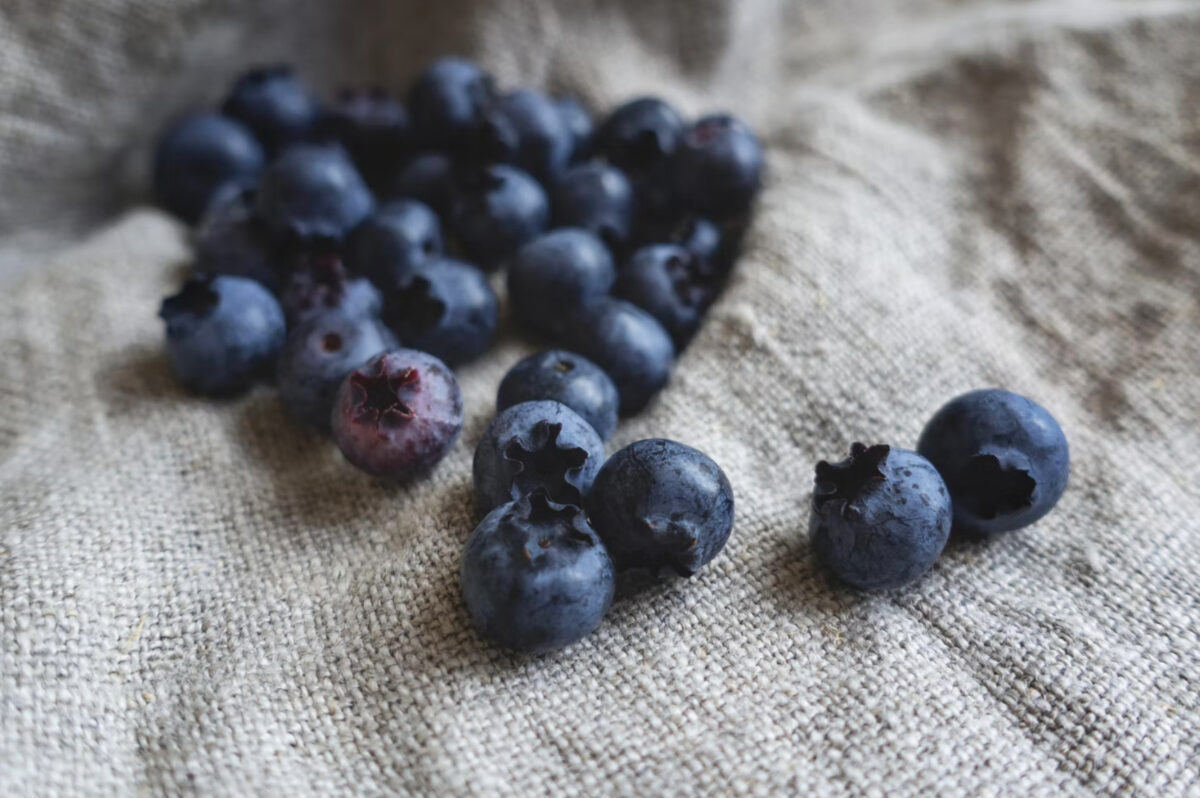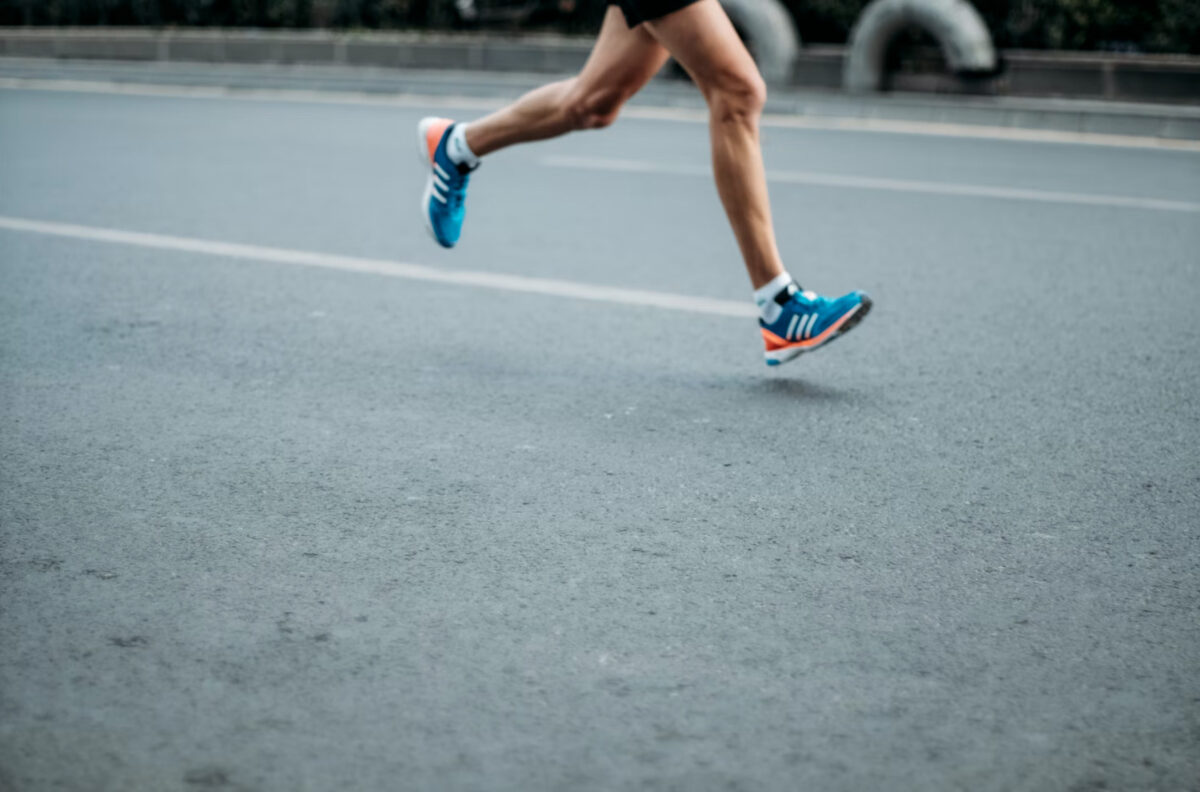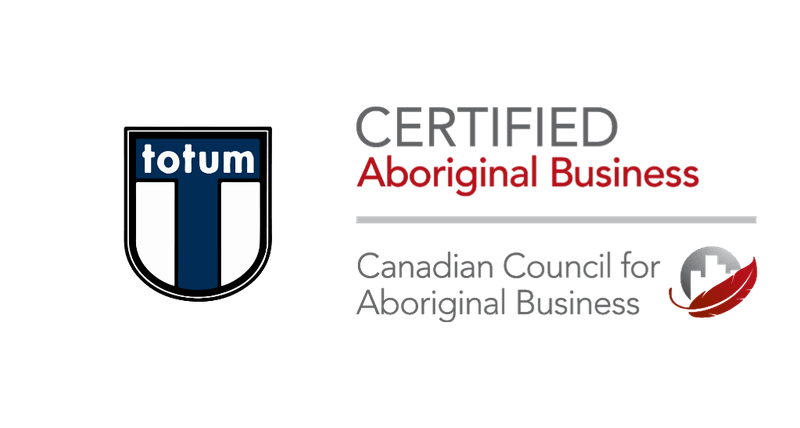Dr. Tamara Kung, ND
Inflammation is a protective signalling process from our immune system. It becomes amplified when we need to deal with an infection or injury and then quiets down so our body can regenerate, heal, and free up resources for other important bodily functions. The problem comes when the signal to ‘fire’ is left on for no good reason.
The image of acute inflammation after an injury is hot, red, painful, and swollen. But chronic inflammation can easily fly by the radar in our day-to-day life. Chronic inflammation is something that’s happening in all of us, but the level of intensity and amount of internal buffer we build determines how quickly our tissues get broken down.
Chronic inflammation can be measured through a blood test called c-reactive protein (CRP), and those who are at the top third range are twice as likely to have a heart attack than those at the bottom third. A similar trend can be found for diabetes, cancer, and Alzheimer’s, as risks for these diseases rise with the level of CRP measured. Cancer for instance was described in the 1870s as “a wound that doesn’t heal” by the father of modern pathology. He observed, and rightly so, that tumours often formed in sites of chronic inflammation. It is a generic fertilizer for every disease, and accounts for more than 50% of all causes of mortality.
In addition, when the immune system is already revved up, a small insult like a cold or flu virus can trigger our system to overreact. This is when we see people who may meet the same virus but have drastically different responses. Those who have more chronic inflammation tend to have exacerbated symptoms and feel way more ill. Compare those who seem to never get sick. Those people are likely dealing with the same viruses, but their systems are strong enough that they don’t need the ‘big’ reaction which shows in the form of symptoms.
Physical activity is one way we can consistently lower inflammation. Did you know muscles also secrete some hormones? Specifically, when they contract, they release hormones that help reduce inflammation throughout the body. A large meta-analysis was done on over 1 million participants across Europe and the United States and found those who achieved 150 minutes of movement per week saw a reduction in risk for cardiovascular deaths by 23%, and type 2 diabetes by 26%. Another study found that hitting this number for physical activity reduced the risk for Alzheimer’s by 40%.
Staying active can mean anything that gets your body to move. Walking with a group of friends to your favourite spot in the city, gardening, taking a group class, rock climbing with co-workers, doing some neck rolls, stretches during work breaks, or air squats while you brush your teeth. Getting your muscles engaged, contracting to release anti-inflammatory hormones, and pumping your lymphatic system (immune system’s superhighway) are both ways to protect you from getting sick now and into the future.
The bottom line is, keep inflammation down and you will be sick less, and when you do get sick, it won’t be as bad.
Reference:
https://www.health.harvard.edu/staying-healthy/inflammation-a-unifying-theory-of-disease
Furman, D., Campisi, J., Verdin, E. et al. Chronic inflammation in the etiology of disease across the life span. Nat Med 25, 1822–1832 (2019). https://doi.org/10.1038/
https://www.nature.com/articles/s41591-019-0675-0
Santos-Lozano A, Pareja-Galeano H, Sanchis-Gomar F, Quindós-Rubial M, Fiuza-Luces C, Cristi-Montero C, Emanuele E, Garatachea N, Lucia A. Physical Activity and Alzheimer Disease: A Protective Association. Mayo Clin Proc. 2016 Aug;91(8):999-1020. doi: 10.1016/j.mayocp.2016.04.024. PMID: 27492909.
https://www.ahajournals.org/doi/pdf/10.1161/jaha.115.002495
Santos-Lozano, A. et al. Physical activity and Alzheimer disease: a protective association. Mayo. Clin. Proc. 91, 999–1020 (2016). Retrieved from: https://pubmed.ncbi.nlm.nih.





